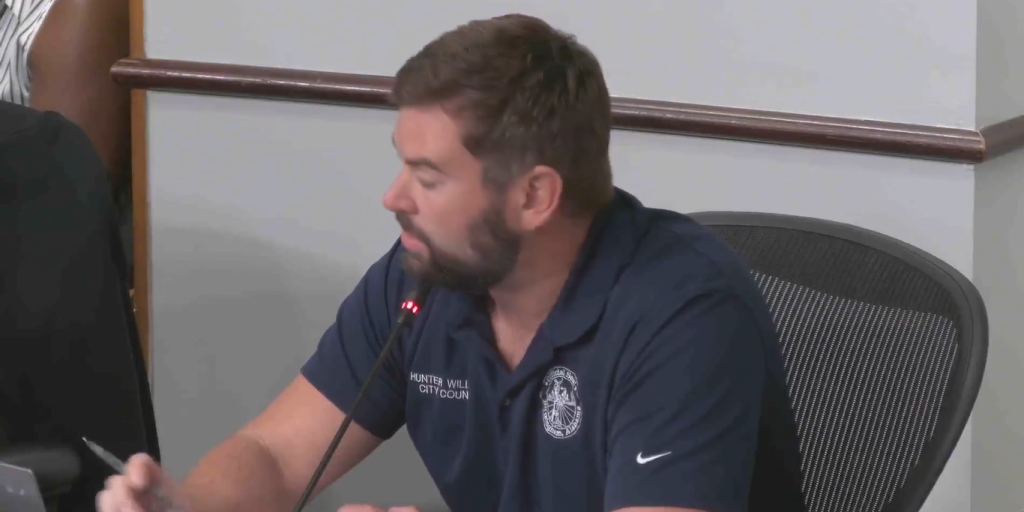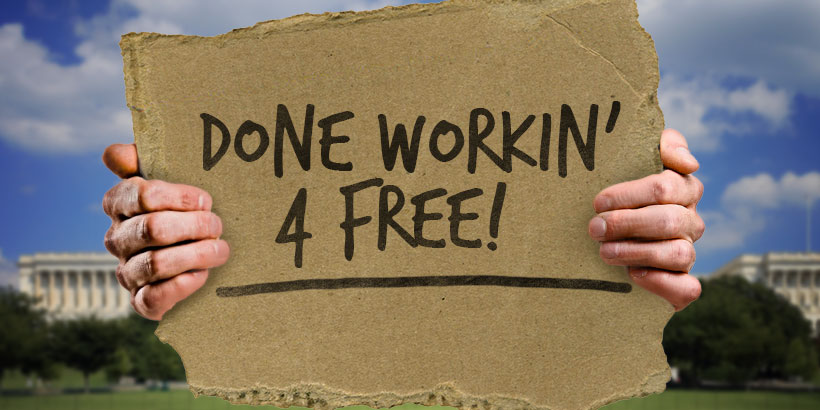The question of whether or not incentives packages to lure big businesses pay off for taxpayers in the long run is a debate that has been simmering in Alabama for years now.
Over a decade after Alabama lawmakers offered Mercedes-Benz an incentives package worth $253 million to locate in Vance, Ala., it’s still difficult to tell whether or not the deal has paid off. Certainly it has for the thousands of Alabamians Mercedes has employed. And the rising property values and overall economic growth in the area has positively impacted many thousands more. But economists are conflicted as to whether or not Alabama taxpayers have actually seen a net return on their investment in Mercedes. I personally think they probably have.
But whether they have or not, Mercedes is an undeniable success compared to the $1 billion in incentives Alabama gave ThyssenKrupp. The beleaguered steel manufacturer recently sold its south Alabama operation for a fraction of what it cost to build. By some estimates, the state of Alabama spent a whopping $400,000 per job. Taxpayers got the short end of the stick on this one.
The only thing that anyone is certain about is that incentives aren’t going away any time soon.
For one, the political windfall that comes with landing a huge economic development project is too much for politicians to ignore. On top of that, when a state lands a project that works, the benefits are huge — both in terms of direct jobs and overall economic impact.
Boeing is the latest industry heavyweight that states are chasing.
Huntsville, Ala. is one of 15 sites vying for an enormous new Boeing facility. At its peak, the operation will employ approximately 8,500 people directly and thousands more through suppliers that would locate nearby and even more through the overall impact the development would have on the region’s economy.
Gov. Bentley’s team at the Alabama Dept. of Commerce worked through the weekend to craft an incentives package to present to Boeing by their deadline on Tuesday.
Missouri is another state vying for the aerospace giant.
Rep. Jay Barnes, a Republican in the Missouri House, recently voted against an incentives package passed by the Missouri legislature that would give Boeing billions of dollars in subsidies to locate their new manufacturing facility in St. Louis.
He followed up his vote with an article on why he voted against the proposal. His post gives some insight into the thought process of a conservative weighing the costs and benefits of giving economic incentives to big corporations.
Here’s an excerpt from his article:
I voted no because the actual cost of the package is a bad deal for Missouri taxpayers. Gov. Nixon proposes spending too much over too many years to expect a positive return on the investment. As a result, the bill will make it more difficult to enact broad-based tax relief to benefit the small business owners, entrepreneurs, and working families who drive economic growth in our state…
Gov. Nixon has claimed and the press has reported that the Boeing package is for $1.7 billion and is “paid for” because it only comes out of new payroll taxes collected for jobs created at Boeing. The devil, however, is always in the details. Gov. Nixon’s financial projections hide $707 million in additional benefits that the legislation quietly authorizes, leading to a true grand total potential subsidy package of $2.4 billion for Boeing, which is far more than the anticipated payroll taxes for new Boeing employees. In addition, despite Gov. Nixon’s claims that the subsidies are “paid for,” the subsidies authorized are, in fact, nearly four times higher than the expected state income taxes to be collected from new Boeing employees.
In total, Boeing could receive more than $21,000 in subsidies for every new employee… The tax gap between Gov. Nixon’s proposed subsidies and income taxes collected from new Boeing employees is nearly $16,000 per employee. Thus, the only way this subsidy package makes sense for Missouri taxpayers is if enough non-Boeing jobs are created to close this gap — and a sober analysis shows this is unlikely.
For taxpayers to “break even” on a $2.4 billion subsidy package, more than 30,000 non-Boeing jobs would have to be created and kept in the next 15 years as a result of the subsidies…
Instead of picking winners and losers, I believe the best way to grow our economy is to cut taxes for everyone… Broad-based tax relief would help every Missourian. The more deals we cut like this one with Boeing, the further away we get from serious tax reform. It’s time for Missouri government to change its economic development model. Rather than a top-down focus aimed at companies like Boeing, we should aim to grow our economy from the ground up with lower taxes for everyone.
As a state with a much more business-friendly climate than Missouri, Alabama isn’t as in need of broad-based tax relief on the state level. But the question remains, is Alabama’s business-friendly, pro-economic growth climate enough?
The fact is, the state cannot land the Mercedes-Benzes, Airbuses and Boeings of the world without offering incentives. But is it worth the cost?
Let us know what you think in the comment section below, or on Facebook or Twitter.
Follow Cliff on Twitter @Cliff_Sims









